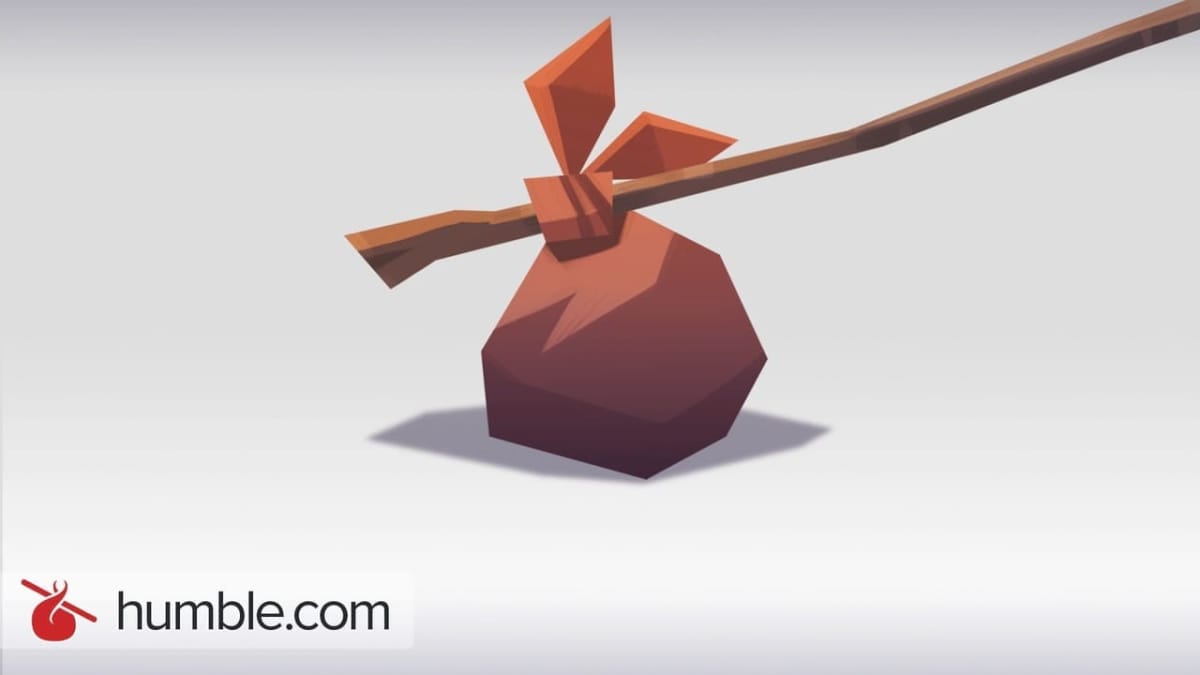Humble Bundle started as a modest campaign to give indie developers more visibility while raising some funds for charity. Co-founder Jeffrey Rosen was the president of Wolfire Games, developer of Overgrowth, among other titles. Collaborating with other indie developers, the first Humble Indie Bundle was launched in 2010, raising 1.3 million, some of it for charity. As of 2017, the established company had raised over 100 million for charity. It's an inspiring success story that speaks to the best potential of the games industry.
As the company approaches its tenth anniversary, co-founders Jeffrey Rosen and John Graham have announced they are stepping down from their roles as CEO and COO, respectively, as reported by GamesIndustry.biz. Contrary to what some might have expected, however, the company is going through its best period of all time, as Graham told GamesIndustry.biz: "It's been ten years, and after doing this for a while I'm in a place where I think it's time for me to take a break. The business is doing amazingly well; 2018 was our best year, and 2019 is off to our best start ever. We got to go onstage at the Epic keynote. We've got tons of momentum. But we found somebody who's better for taking the business to new heights in the future than we are."
Rosen and Graham plan to leave Humble Bundle in the hands of capable executive Alan Patmore, more recently the CPO of Kixeye and previously taking managing roles at Zynga and Double Fine, who will handle day-to-day operations effective immediately. Although the founders are not leaving the company and plan to stay on "more as advisors" for the remaining of 2019, and possibly toward the far future as well. Rosen explains the decision: "We're more startup kinda guys, and Humble Bundle has become huge. For our benefit and for Humble Bundle's benefit, I think Alan is going to do a really good job."
As part of becoming huge, Humble Bundle has expanded into a publisher role, with great indie games such as Cultist Simulator, Slay the Spire, Mothergunship, Aegis Defenders, Seven: The Days Long Gone, and The Occupation. There's also the fact that Humble Bundle is also becoming a distribution platform in its own right, expanding into other media, and no longer simply playing second fiddle to Steam. This seems to be in line with the possible goalposts that Patmore's track record might hint at: "My experience with free-to-play and social gaming is actually pretty applicable to a digital storefront like Humble, there are a lot of similarities in terms of process, development, economics, and even ethos. In addition, my experience with traditional development and publishing lends itself well to the publishing side of the business. For me, it's a perfect fit -- I get to flex my muscles on both sides."
There is no doubt that charity also played a great role in the growth of Humble Bundle, and it will continue to do so under Patmore's leadership, who says he's "always viewed Humble Bundle as a force for good in this industry." Even after Humble Bundle was acquired by IGN Entertainment in 2017, the focus on charity didn't diminish, and the "altruistic streak" should go on under this new leadership. As Graham says, "I can imagine a world, hypothetically, in which we didn't involve charities in our promotions. And that company is much smaller and grows less quickly than we have."
What do you think of the change in leadership at Humble Bundle? Will the company continue to serve as a middleman to larger distribution platforms, or will it expand into its own force? Let us know in the comments below!







